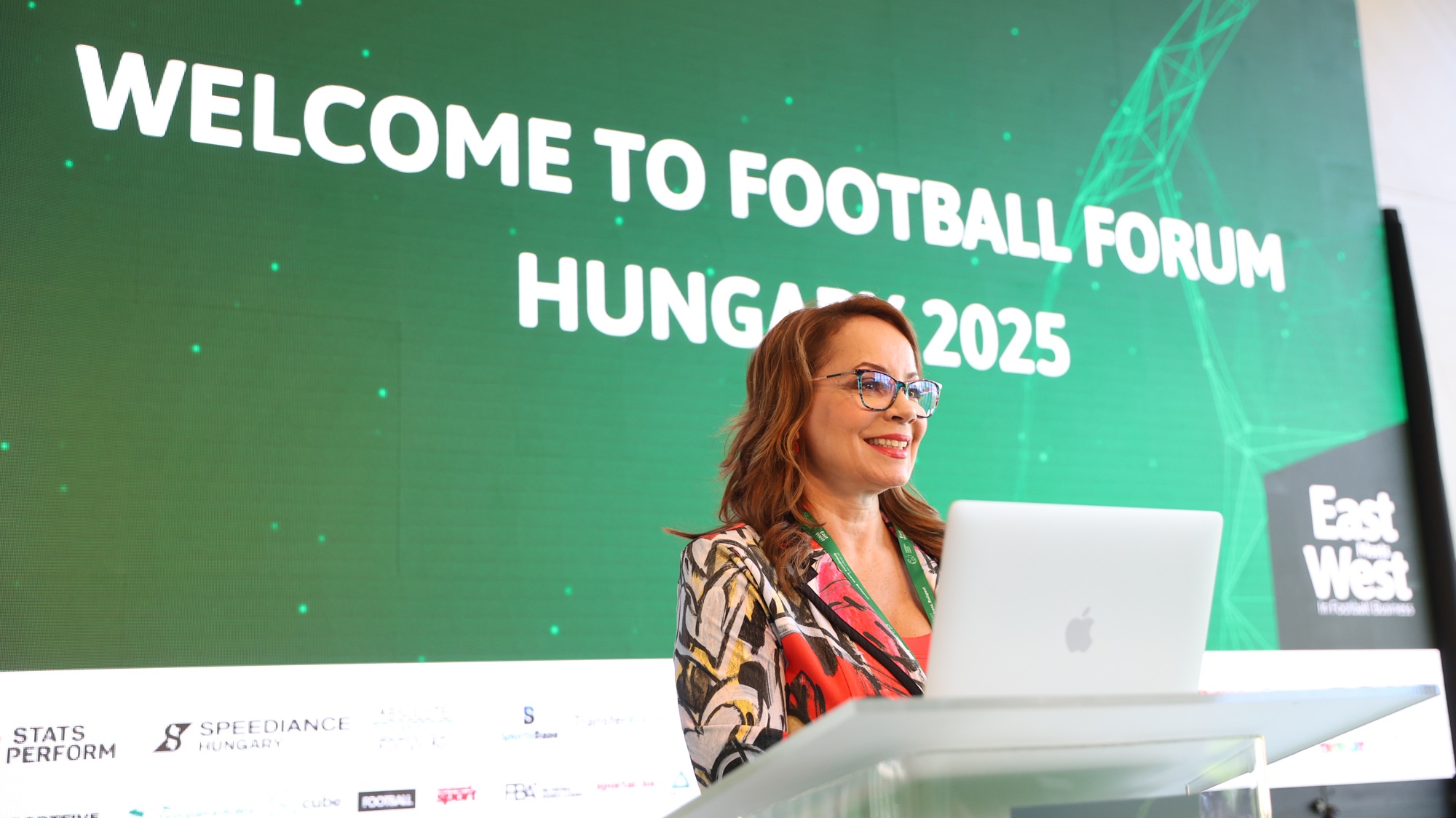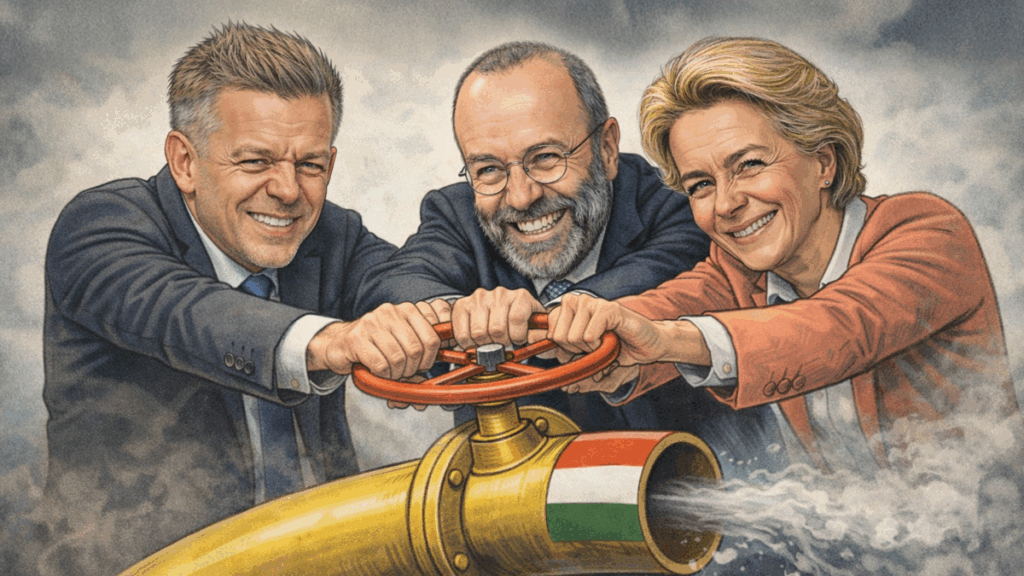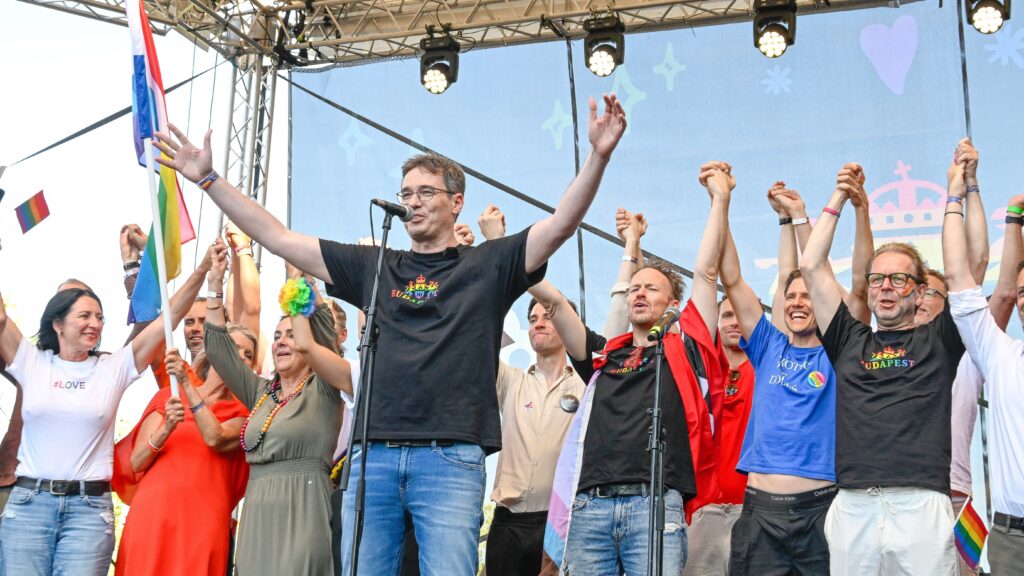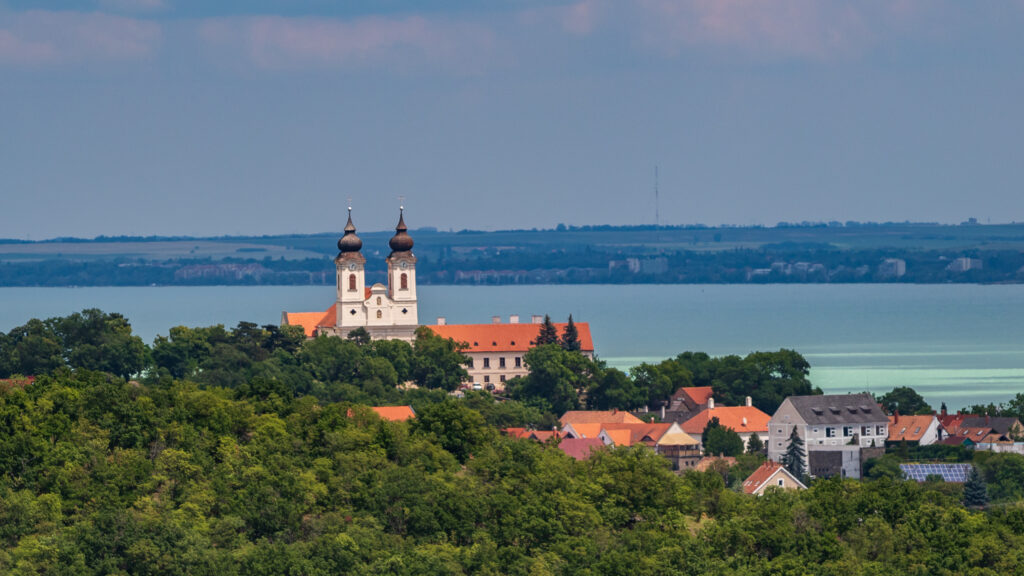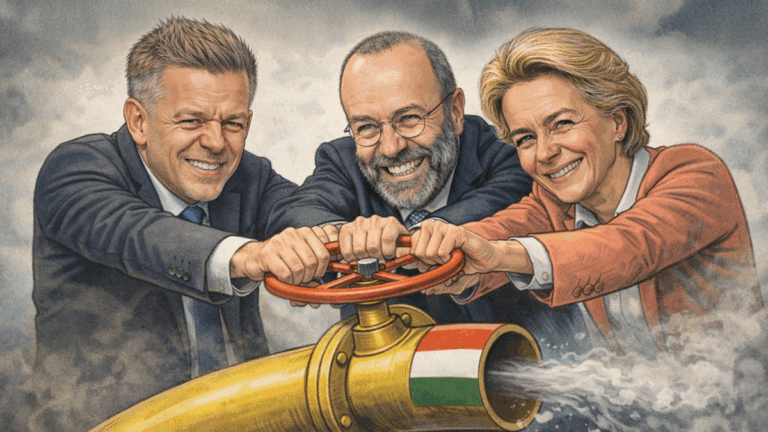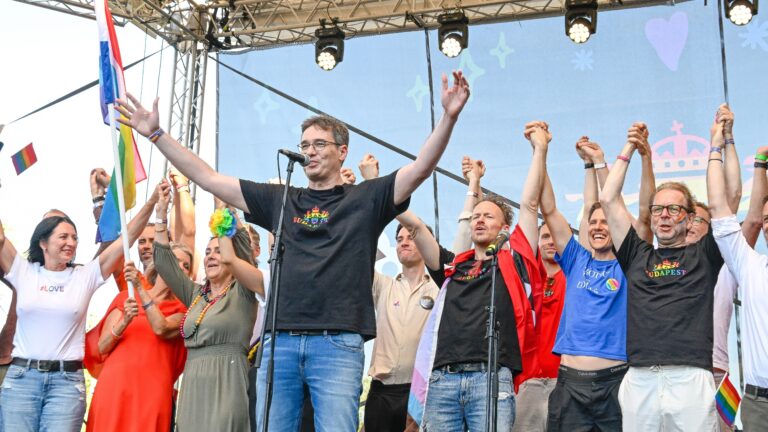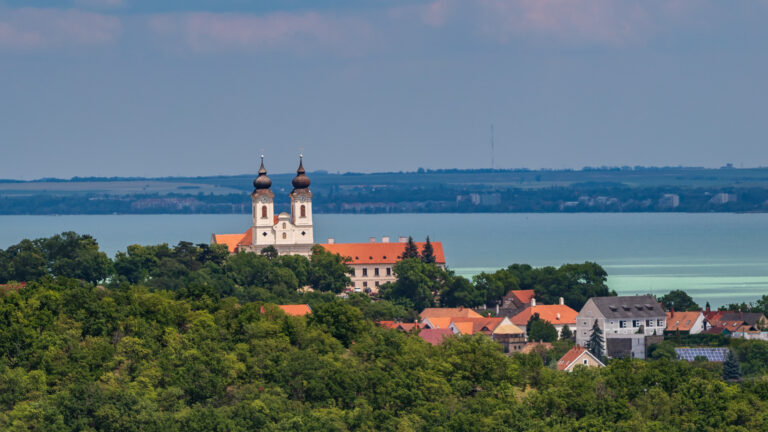The third annual Football Forum Hungary was held at the Gruopama Arena, home of reigning Hungarian champions Ferencváros, in Budapest, Hungary on Tuesday, 29 April. Players, coaches, agents, sporting directors, scouts, and many more from the world of football gathered to share their respective expertise and exchange ideas about the game.
They were greeted by former Olympic gymnast and TV host Zsuzsa Csisztu and motivational speaker Peter Hopwood on the main stage of the event. Mr Hopwood told the audience that while the game is developing, evolving fast, we still have to ‘make sense of where we are right now’. Just like in almost all other industries, artificial intelligence is getting increasingly used in football as well, he pointed out, for data analytics in this case. Meanwhile, Ms Csisztu stated that the people gathered there were all brought together by their love of football, and they will have great opportunities to share information and their experiences with each other at the event.
The hosts then took the time to congratulate the teams that sent representatives on their recent successes. Namely, Slavia Praha on securing the Czech championship title, and FK Csíkszereda on their promotion to the Romanian first division. They also asked for a round of applause for Dominik Szoboszlai, the captain of the Hungarian national team, who just became the first Hungarian player to win the English Premier League with Liverpool, as well as for Áron Yaakobishvili, who just won the UEFA Youth League with the Barcelona U19’s goal.
The first presentation of the day was delivered by Balázs Major, and it was about Budapest as the host city of the 2026 UEFA Champions League final. He is with the National Event Management Agency (NRÜ), the fully government-controlled body in charge of arranging the monumental sporting event.
Mr Major ran down the numbers on just how big a UCL final is. Last year, in London, United Kingdom, 400,000 visitors came specifically to watch Real Madrid play Borussia Dortmund for the trophy. The match was broadcast in 200 countries and was viewed by 450 million people, making it bigger than the Super Bowl the same year. The event also generated a total of 3.3 billion social media interactions.
That is why it is a great achievement that Budapest became the 28th city in Europe to host a Champions League final. The venue will be the Puskás Aréna, with a seating capacity of over 60,000 people. London has been the host the most times, seven, followed by Madrid and Paris with five each, the speaker shared.
‘We will have the biggest clubs here for more than 90 minutes, host them in Hungary on and off the pitch. Off the pitch, as you will see, is where we come into play,’ Mr Major stated. He then went on to point out that NRÜ has been organizing major sporting events since the FINA World Aquatics Championship in July 2017. Their closest reference point is the Europa League final in May 2023—however, the speaker stressed that this will be an event on a much larger scale. For example, while 32 private jets landed in Budapest for the EL final, they are expecting over 200 private jets for next year’s UCL final.
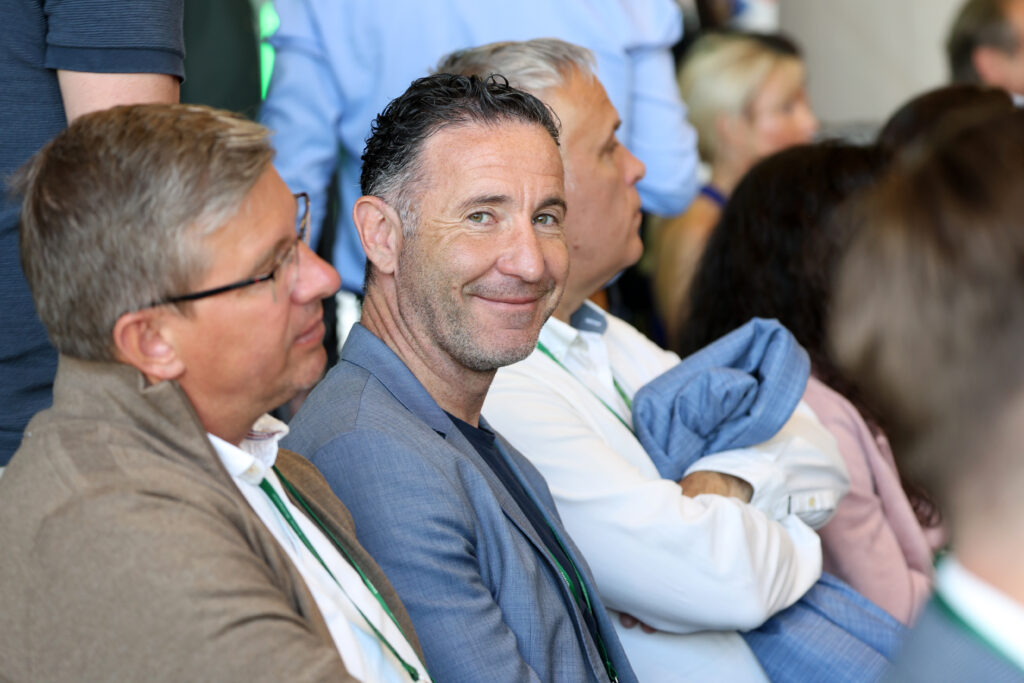
Ferencváros CEO Pál Orosz, serving in the role since 2011, was also among the distinguished speakers at Football Forum Hungary 2025. He spoke about his experiences with the newly introduced league phase format in European competitions.
As he revealed, the people at UEFA have been very happy with how the new format played out in its inaugural season earlier this year. This season, 40 member associates were able to delegate clubs to the league phase of at least one of the three European club competitions (Champions League, Europa League, Conference League). Meanwhile, the average number of associations with clubs in the group stage was 35.6 in previous seasons.
What fans certainly appreciate more is that the average number of goals per game was 3.26 in the UCL’s first-ever league phase, which was far above the average number of goals for the group games of the past. Clubs also got an extra home game, playing three instead of four, which, evidently, brings additional matchday revenue.
Mr Orosz also shared that, as a board member for the European Club Association (ECA), he was actively involved in the creation of the tertiary European club competition Conference League as well, which started in 2021. As he explained, the inspiration came with the realization that for small European clubs, the match revenue and additional UEFA funding they get for each international match they play make a big difference in their budget. Additionally, the market value of their players also increases with such games.
While Mr Orosz originally preferred expanding the Europa League as opposed to creating a new competition, he is now convinced that UEFA made the best choice by going with the latter proposal.
Related articles:

